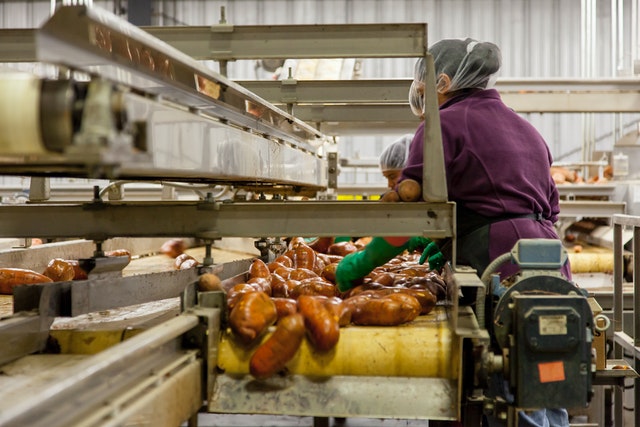Minimal processing is a term used in the food industry to refer to a food production process that results in minimal changes to the structure and composition of the food. Minimal processing is an excellent design to preserve foods in terms of nutrition, safety, and sensory quality without artificial additives.
The concept of minimally processed food has recently reached a high level due to consumers. In response to this rising consumer demand for natural and fresh foods, minimal processing technologies such as ozone treatment, chlorine treatment, etc., are used to delay product oxidation. In this blog post, we will discuss why minimal processing for food preservation is so important for consumers.
Preserves the Natural Flavour of Food
Minimal processing preserves the food’s natural flavor and nutritional value. Food is processed and often loses some of its nutrients, vitamins, and minerals. For example, canning fruits and vegetables results in a loss of vitamin C. Minimal processing helps preserve these important nutrients so that you can still enjoy the food’s full flavor and nutritional value.
Reduces the Risk of Contamination
Minimal processing reduces the risk of contamination. When food is processed, it is often exposed to bacteria and other contaminants, and this can lead to food poisoning or other illnesses. Minimal processing helps to reduce the risk of contamination by keeping the food in its original form.
Preserve the Environment
Minimal processing helps to preserve the environment. Food processing often uses a lot of energy and water, which can be damaging to the environment. Minimal processing helps reduce the amount of energy and water used in food production, which is better for the planet.
Better for Health
Minimal processing is better for your health. Processed foods often include additives and preservatives that can harm your health. Minimal processing helps avoid these harmful ingredients so that you can enjoy the food without worrying about your health.
Sustainable
Minimal processing is more sustainable. Food production often generates a lot of waste, which can be damaging to the environment. Minimal processing helps reduce the amount of waste produced by food production, which is better for the planet.
Efficient
Minimal processing is more efficient. Food production often uses a lot of energy and resources, which can be wasteful. Minimal processing reduces the energy and resources used in food production, which is better for the environment.
Affordable
Minimal processing is more affordable. Food production often requires expensive equipment and chemicals, which can be costly. Minimal processing helps reduce food production costs, which is better for your wallet.
Convenient
Minimal processing is more convenient. Food production often takes a lot of time and effort, which can be inconvenient. Minimal processing helps to reduce the amount of time and effort required for food production, which is better for your busy lifestyle.
Conclusion
These are just a few reasons why minimal processing is so important to consumers. When you choose minimally processed foods, you choose a healthier, more sustainable, and more affordable option. So when you are at the grocery store, look for minimally processed foods!
Do you have a minimally processed food product you’re ready to launch? Learn how the greater goods can help here!
